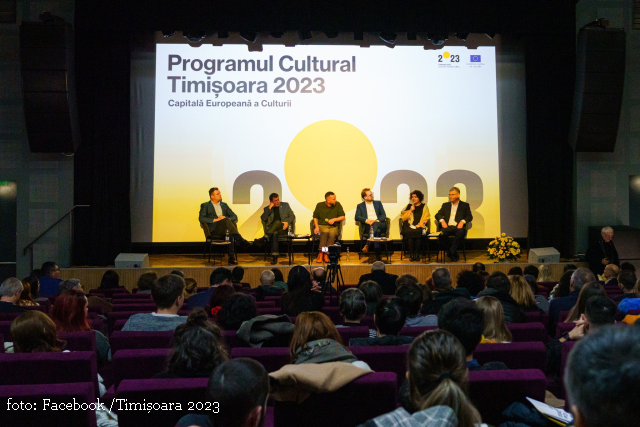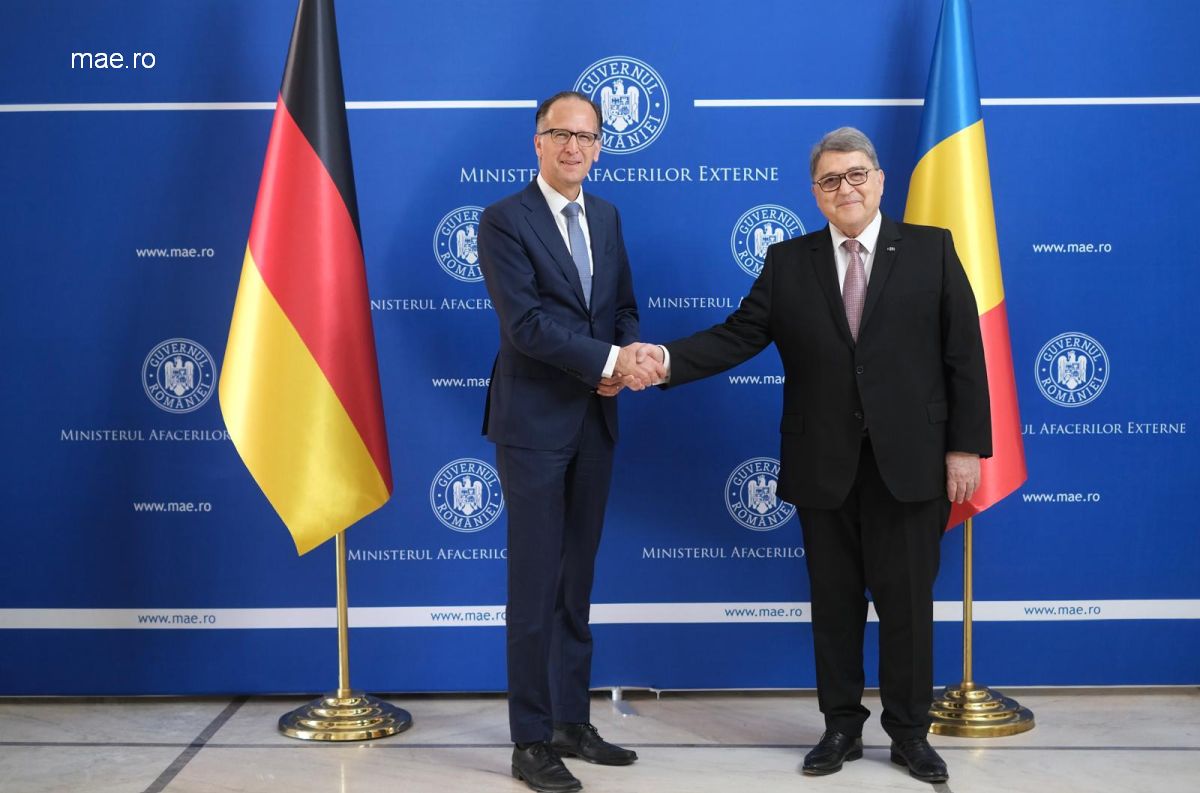Timișoara 1989, Timișoara 2023
In
2023, the city of Timișoara (in western Romania) will be a European capital of
culture, an honorary title the Parliament in Strasbourg has consistently granted
to cities since 1985 with a view to highlighting the richness and diversity of
cultures in Europe. In 2007, when Romania joined the European Union, the
Romanian city of Sibiu shared this title with Luxemburg. Actually
Sibiu was the first Romanian city to have been designated European capital of
culture and has become an increasingly attracting travel destination ever
since. In the week that just ended, Timisoara launched an event timetable for
the next year, which includes scores of projects with a frequency of nearly 30
projects per week.

România Internațional, 19.12.2022, 13:28
In
2023, the city of Timișoara (in western Romania) will be a European capital of
culture, an honorary title the Parliament in Strasbourg has consistently granted
to cities since 1985 with a view to highlighting the richness and diversity of
cultures in Europe. In 2007, when Romania joined the European Union, the
Romanian city of Sibiu shared this title with Luxemburg. Actually
Sibiu was the first Romanian city to have been designated European capital of
culture and has become an increasingly attracting travel destination ever
since. In the week that just ended, Timisoara launched an event timetable for
the next year, which includes scores of projects with a frequency of nearly 30
projects per week.
Next
year is a historic opportunity for the city and also for Romania. It is the
chance of our transformation as a city, community or country. And I would like
that after a couple of years when we look back to 2023 to say that this title
didn’t change only the city’s cultural life but the entire city says Timisoara’s
mayor Domnic Fritz
This grandiose cultural project is expected to
bring together recipients of the Nobel prize in literature such as Orhan Pamuk
and Olga Tokarczuk, but also Peter Slotterdijk, maybe the best known and
disputed German philosopher of the moment in a dialogue with Andrei Ujică. The
children’s choir Singing Moellenbeek of Brussels, the Manchester-based dance troupe
the Chameleon Company, the theatre troupe Rimini Protokoll, as well as
orchestras of Gera and Cologne are expected to delight the audiences attending
the events. The Belfast Ensemble and Dutch pianist Joep Beving have also announced
their participation.
This mega cultural project also involves the
participation of Romanian artists of international repute such as Brancusi and Brauner
and visitors will also have the opportunity of seeing the Contemporary art
biennale. Visitors will be given the chance of attending concerts given by Romanian
orchestras under the batons of reputed directors such as Cristian Măcelaru and Gabriel
Bebeşelea and watch productions signed by famous Romanian directors such as Andrei
Şerban and Adina Pintilie, who represented Romania at the Biennale of
Contemporary Art in Venice.
In another development, Timisoara is these days
seeing events devoted to marking 33 years since the anti-communist Revolution
of 1989, which include a series of shows, film screenings, concerts and religious
services. The anti-communist revolution of 1989 kicked off here in Timisoara on
December 16th and extended to the capital and other cities in a
couple of days. The Day of Victory is celebrated on December 20th, when
Timisoara became Romania’s first city free of communism.
(bill)






























